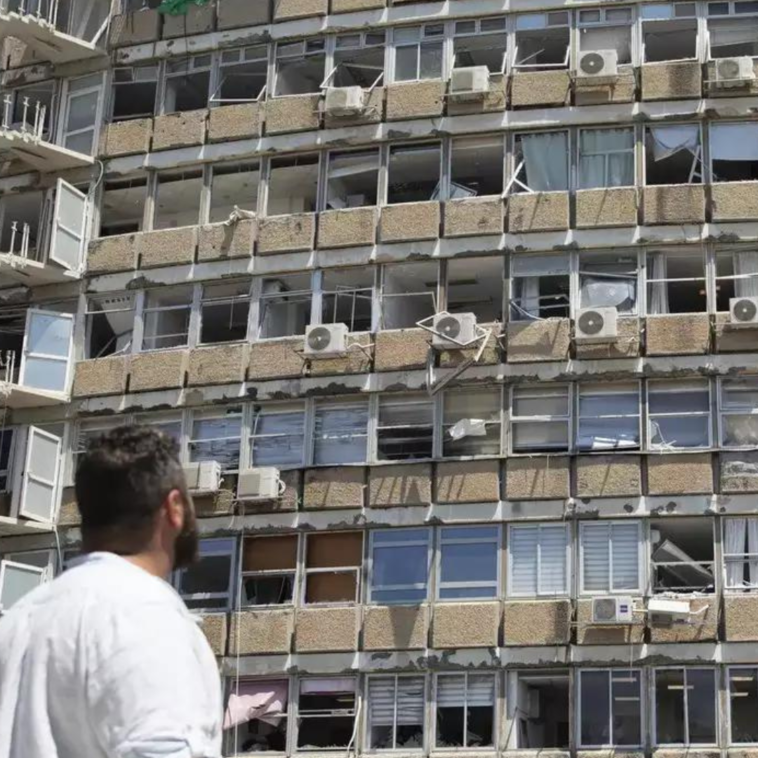On July 19, 2024, a Houthi drone strike on Tel Aviv’s residential area exposed critical vulnerabilities in Israel’s air defense system. The attack, which resulted in one death and several injuries, occurred near the U.S. diplomatic compound, underscoring the significant threat posed by unmanned aircraft. This incident has intensified Israel’s concerns over Iran’s influence in the region, as Tehran supports various militias, including the Houthis in Yemen, Hezbollah in Lebanon, and Hamas in Gaza.
Weaknesses in Israel’s Air Defense
Israel’s defense systems, particularly the Iron Dome, have been effective against high-velocity missiles but struggle with slower, lower-flying drones. These drones are harder to detect and intercept due to their reduced heat signatures and slower speeds.
This vulnerability was starkly highlighted by the recent strike and previous incidents involving drones from Hezbollah in Lebanon.
Strategic Responses and Challenges
In response to the Houthi attack, Israeli Defense Minister Yoav Gallant has vowed retaliation. However, options are limited due to the geographical and political complexities involved. Analysts suggest that a temporary cease-fire with Hamas might mitigate attacks from its allies, like the Houthis and Hezbollah. Yet, this solution may only provide a short-term reprieve as the Houthis are ideologically committed to Israel’s destruction.
Israel’s military and political leaders face a dilemma: retaliate against a distant militia with limited impact or target Iran, the Houthis’ primary benefactor. Strikes against Iranian interests, while potentially more impactful, could escalate tensions further. Previous Israeli attacks on Iranian targets have only led to increased aggression from Tehran, complicating Israel’s strategic calculations.
Broader Regional Implications
The Houthi attack also affects broader regional dynamics. The Houthis, a Shiite militia with control over significant portions of Yemen, have historically engaged in actions against Israeli interests, including attacking Red Sea shipping lanes. Despite U.S. and British strikes aimed at curbing these attacks, the Houthis continue their aggressive stance.
In conclusion, Israel’s challenge extends beyond immediate retaliation. It must address the underlying issues related to regional militias and the broader influence of Iran. Strengthening defenses against drones and navigating the complex political landscape are critical for Israel’s security and stability in the region.




GIPHY App Key not set. Please check settings